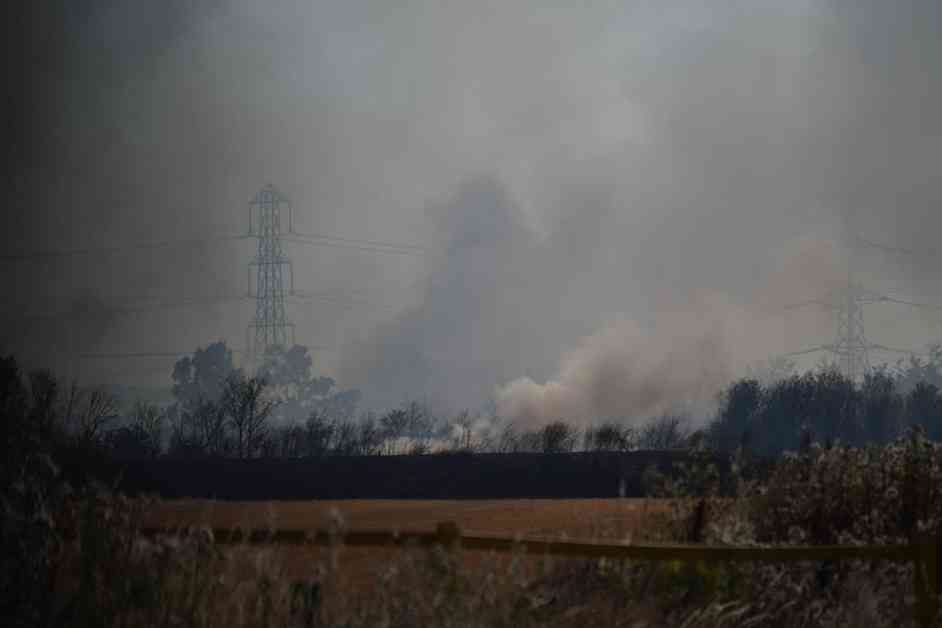Climate change has had a significant impact on the 10 deadliest extreme weather events of the last two decades, leading to the deaths of over 570,000 people, according to scientists. These findings highlight the urgent need to reduce greenhouse gas emissions to prevent further escalation of extreme weather patterns.
The World Weather Attribution group recently published an assessment marking the 10th anniversary of its formation in 2014. This group analyzes the impact of climate change on extreme weather events and provides valuable insights into the role of global warming in these disasters.
The study revealed that climate change made events such as tropical cyclones, heatwaves, droughts, and floods more intense and deadly. For example, the 2022 heatwave in Europe, which saw temperatures soar to record levels, resulted in tens of thousands of deaths across the continent. The analysis showed that climate change made such extreme temperatures several times more likely and significantly increased their intensity.
Furthermore, the study emphasized that the death toll from extreme weather events is likely underestimated, as many heat-related deaths may not have been officially reported. This underscores the importance of taking swift action to address climate change and mitigate its impact on vulnerable communities.
Dr. Friederike Otto from Imperial College London warned that political leaders must prioritize transitioning away from fossil fuels to prevent further devastation caused by extreme weather events. By continuing to burn oil, gas, and coal, the suffering inflicted by climate change will persist, leading to more frequent and severe disasters.
The researchers also highlighted the need for countries to enhance their preparedness for extreme weather events by implementing early warning systems, improving infrastructure resilience, and supporting vulnerable populations. However, they noted that adaptation measures have limits, and the only sustainable solution is to reduce greenhouse gas emissions to curb global warming.
Roop Singh from the Red Cross Red Crescent Climate Centre emphasized that every fraction of a degree of warming will result in more catastrophic events that challenge countries’ resilience. Investing in early warning systems, updating infrastructure, and prioritizing support for the most vulnerable communities are crucial steps to minimize the impacts of extreme weather.
The 10 deadliest weather events in the last 20 years, exacerbated by climate change, serve as a stark reminder of the urgent need to address global warming. From cyclones to heatwaves to floods, these disasters have claimed thousands of lives and underscored the importance of taking decisive action to combat climate change. It is imperative for political leaders, policymakers, and individuals to work together to reduce emissions, build resilience, and protect vulnerable communities from the escalating impacts of extreme weather events.












